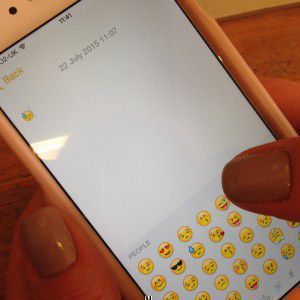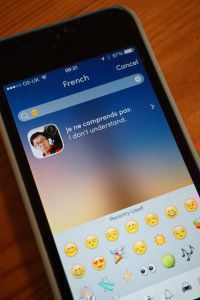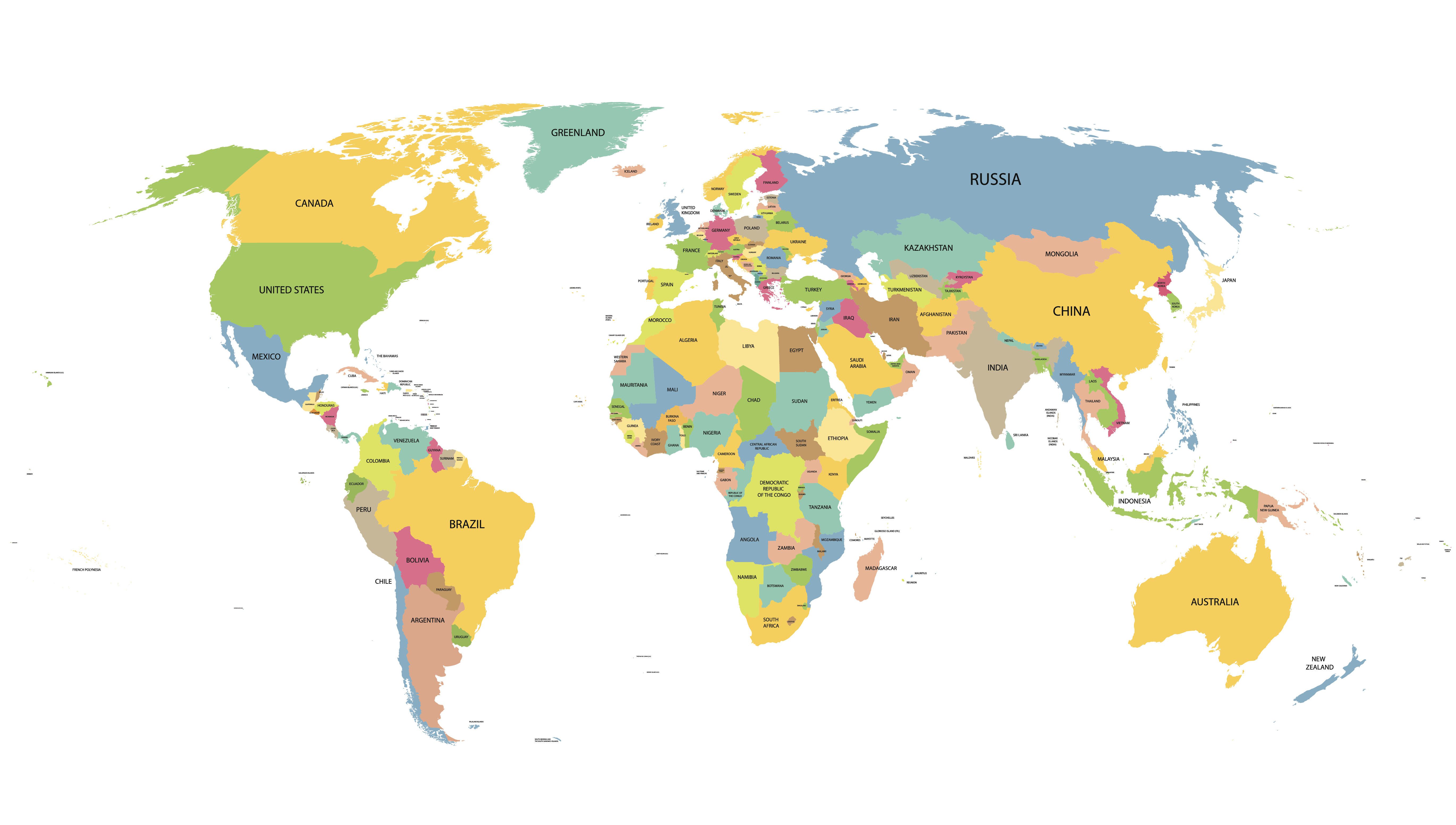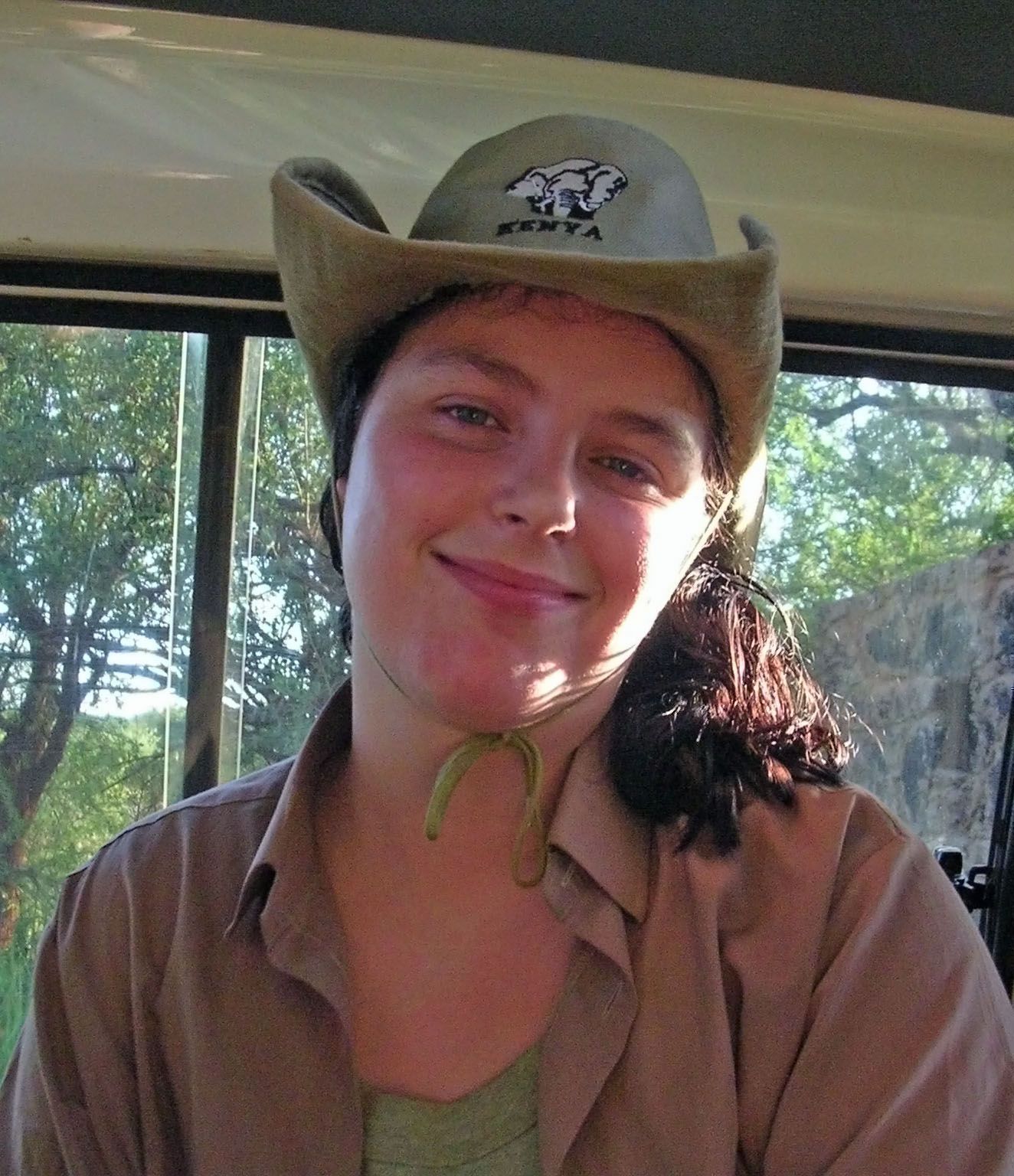Are you learning an endangered language?
We’re now into the third week of our uTalk Challenge! Over 350 people are taking part and over 40 languages have been chosen to learn! The most popular languages are some of the most spoken ones in the world like Polish, Spanish and Japanese.
Interestingly, we also have some endangered languages chosen. UNESCO publishes a list of the languages that are classed as endangered; there are five different levels, from Vulnerable (most children speak the language but only in restricted places) to Extinct (no one speaks the language anymore). Some of these surprised as me as Welsh, Scottish Gaelic and Irish are all on the UNESCO list. Hawaiian is on the list as ‘critically endangered’, which is one level away from being extinct, due to the speakers of the language being the oldest generation of the family.
When it comes to our uTalk Challenge here are the four of the endangered languages that have been chosen:
Basque
There are around 660,000 speakers left of this language and although spoken in Europe it’s not classed as the Indo-European family of languages, potentially due to it being totally unique, with no similarities to any other languages. There are many theories on where the Basque language comes from, but none of these have conclusive evidence. One of our uTalk Challengers, Patricia, is learning Basque and quickly selected ‘garagardoa’ as her favourite word for beer in any language! Find out why in her video.
Scottish Gaelic
It is quite clear that Scottish Gaelic is spoken in some parts of Scotland, mainly in the Western Isles. It is one of the three languages in Scotland, with English and Scots also being spoken. Scots is also classed as an Endangered language, but on a lower level than Scottish Gaelic. There are around 60,000 people who speak Scottish Gaelic still. However, across many Scottish schools the introduction of Scottish Gaelic began in the 1980s, with it now being taught across primary and middle schools.
Welsh
Welsh is Britain’s oldest language, dating back to around 4,000 years ago. Today there are 750,000 speakers; this is around 20% of the Welsh population. Welsh is most popular in the west of the country; however, there is evidence that more schools in Wales are now teaching the language. Within Wales there are two main dialects, North and South Walian. It is hard to establish where these two dialects cross over, as they both have different accents, vocabulary and grammar points. Liz and Nat from the EuroTalk office are learning Welsh for the challenge (in fact Nat’s already completed the app because she’s much better at languages than the rest of us!).
Wolof
This is one of the six main languages in Senegal. Originally written with an Arabic alphabet, it was then standardised using the Latin alphabet. A lot of Wolof speakers use French loan words when speaking the language, which could be one of the reasons Wolof has become an endangered language. In certain urban areas of Senegal people use a mix of Arabic, French and Wolof but in Gambia they use English words as loan words instead.
Do you speak any endangered languages? Please let us know on Twitter or our Facebook page. Or if you’d like to learn an endangered language, you can find all of the above and more in our uTalk app.
Alex
Emoji: The New Universal Language?
👋👇👌 – Hi, are you okay?
👍☺️ – I’m good thanks!
👏 – yay!
Or something like that.
Welcome to the wonderful language that is emojis 😁
And before you express concern that we are confused about what is a language and what is not, hey. Your entire screen staring back up at you currently is composed of a series of ones and zeros, manipulated into the glorious thing you see before you and that, the ones and zeros, is a language all in itself. Binary code. If you’re interested.
Emojis are much, much prettier to look at than a bunch of ones and zeros though, aren’t they?
😖?
Yes, we know. Emojis can be confounding to us too. But a language is a language, and language learning is good for our cognitive reasoning 😇
So let us give you a little introduction into the wonderful world of emojis, see if we can entice you in or relieve you of your confusion. Here are some reasons why we vote emojis as our new favourite international language.
✒️📚🕐 study time!
- So firstly, you may have heard of emoticons. Emoticons are not emojis, repeat, they are not emojis ‼️ Emoticons are ‘pictures’ composed of the keyboard symbols we already have, such as :), :(, and :D. Even our mothers know how to use them.
- Emojis originate from Japan and are, like Japanese characters themselves, pictographs. The word itself means ‘picture’ – e and ‘character’ – moji. Another argument in favour of emojis being a language, don’t you think?
- Emojis actually have specific, individual meanings but in the way that colloquial language changes and adapts, they can mean different things to different people. For example, 😋 ’officially’ means face savouring delicious food, but whenever we use this in our Whatsapp messages, it generally means we are being exceptionally cheeky. Tongue sort-of in cheek, see?
- Emojis are a beautiful, universal thing, allowing people to communicate when normal language barriers would apply. And there’s no grammar! Truly, this is a joyous thing.
- Emojis are also doing their bit for diversity. The latest versions of iOS offer emoji with different skin tones:
- and the generic ‘one size fits all’ ones…
- …and those for people of the LBGT community, 👭👬🌈❤️. But none for redheads apparently. There’s a campaign on Change for that at the moment.
- Emojis are multi-platform. You can use them, in various versions on all devices, and everyone is in on the act. Even National Rail Enquiries, who, on World Emoji Day last Friday, invited Twitter followers to guess station names using a series of emojis.
It’s #WorldEmojiDay ! (Yes, it exists…) See if you can solve our quiz For help: http://t.co/wkstHtiOKE pic.twitter.com/gQGnKy4X5C
— National Rail (@nationalrailenq) July 17, 2015
- Emojis can shorten your messages and bring a smile to a recipient’s face: even if it’s just because they’re trying to understand what you mean:
🎄👜🙏?
Please come Christmas shopping with me?
✈️🎫😘
Enjoy your holiday in Cyprus!
😈🍹💻🕔?
Join me for a cheeky drink after work?
- Some businesses will even let you order dinner via Twitter: 🍕
We could go on. But we’d probably get silly.
So the next time someone shows disdain for your messages full of emojis, you are well within your rights to reply with a 😝 that says hey, I’m learning a new language here!
Are you for or against emoji? Tell us what you think!
Kelly
Language of the Week: Emoji
You may have seen on the uTalk app that you can now search for words in any of our languages by using emoji. With emoji becoming the fastest growing language in Britain, we have decided to make it our language of the week!
 If you’re anything like me, the most frequent way you choose to stay in touch with friends and family is by text messaging. If I think about it, I don’t even know what my ringtone sounds like, and I only answer my phone if I’m expecting an important call, otherwise, everyone that knows me just sends a text.
If you’re anything like me, the most frequent way you choose to stay in touch with friends and family is by text messaging. If I think about it, I don’t even know what my ringtone sounds like, and I only answer my phone if I’m expecting an important call, otherwise, everyone that knows me just sends a text.
Furthermore, I overheard this conversation the other day:
‘So he called me in the middle of the day and I thought, omg, what a freak, why can’t he just text me?‘
Okay, I was part of the conversation, but anyway you get the idea.
Nevertheless, sometimes it can be quite challenging to express your exact feelings or tone in a text, and so you risk being misunderstood by the recipient or worse – come off as too serious when you’re actually joking. So at some point in the past, the techies have come up with this brilliant way to make our text conversations more fun and emotive: emojis!
Now, some of you may not know what they are and that’s okay – my boss didn’t know either, until a couple of days ago when our app was updated with this brilliant way of searching for words by using emoji. I admit – I love emoji! They’re cute and funny and a great way to interact with your friends without using actual words.
Did you know?
- The word emoji comes from Japan, with the ‘e’ meaning picture and ‘moji’ meaning character or letter.
- There are more than 6 billion emoji sent worldwide everyday, with more than half of these being smiley faces.
- Some emoji are confusing…
- Herman Melville’s 1851 novel Moby Dick has been translated into emoji; the book was released with the title Emoji Dick.
- Many celebrities love emoji, with Roger Federer recently tweeting his whole day in emoji during Wimbledon. And in April, Andy Murray tweeted his wedding day in emoji:
🌞☔😂👔💅💇😂👰😂🚗💒💃👫🙏💍💏👏📝🎹📷🎥🚗🍷🍴🎂🎊🎉👯🎶🎤🍹🍻🍷🍺🍩🍦🍷🍹🍸🍺🌙❤💕😘💤💤💤💤💤💤💤
— Andy Murray (@andy_murray) April 11, 2015
- Even Australia’s Foreign Affairs minster, Julie Bishop gave the first ever political emoji interview on Buzzfeed.
So go ahead and see which ones have been matched with which uTalk words by our brilliant developers! Which is your favourite emoji? We love to hear from you, so please do join in the conversation here on the blog, or on Facebook or Twitter.
Ioana and Alex









